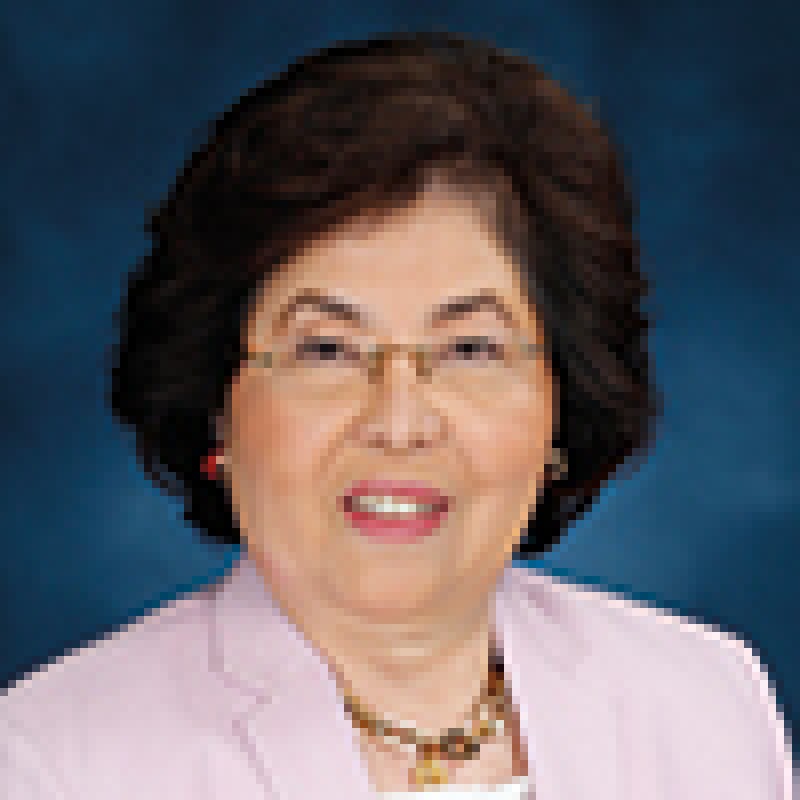Does a trade mark owner have to be physically present in the Philippines to show genuine use of a mark? In the case of W Land Holdings Inc v Starwood Hotels and Resorts Worldwide Inc (G.R. No. 222366, December 4 2017), the Supreme Court (SC) ruled in favour of Starwood, asserting that it makes actual use of its W mark in the Philippines. This case arose from a cancellation action filed with the Intellectual Property Office of the Philippines (IPOPHL).
On May 29 2009, W Land, a real estate company, filed an action to cancel Starwood's trade mark registration for its W mark on the ground that Starwood had failed to use its mark because it had no hotel or establishment in the Philippines offering the services covered by its registration. Starwood denied having abandoned its W mark, and alleged that it had already filed a Declaration of Actual Use in 2008 which was accepted by the IPOPHL. It argued that it operates an interactive website to accommodate its potential clients worldwide and allows Philippine residents to make reservations and bookings, clearly showing use of the W mark in the Philippines.
The SC, affirming the decisions of the Office of the Director General of the IPOPHL and the Court of Appeal, explained and held as follows:
i) There must be bona fide use of the mark, not token use. This may be characterised as use which results or tends to result, in one way or another, in a commercial interaction or transaction in the ordinary course of business. The mere exhibition of goods or services over the internet is not enough to constitute actual use. It must be shown that the trade mark owner has actually transacted or intentionally targeted customers of a particular jurisdiction. Showing an actual commercial link to the country is therefore imperative.
ii) Starwood proved that it owns Philippine registered domain names, for example, www.whotels.ph and www.wreservations.ph. These websites are readily accessible to Philippine citizens and residents and they can use them to instantaneously book and pay for their accommodation, with immediate confirmation, in any of its W hotels. It further presented data of the growing number of internet users in the Philippines visiting its website since 2003, and thus, taken together Starwood showed that use of the W mark through its interactive website was intended to produce and establish commercial interaction with Philippine consumers.
iii) Starwood submitted in 2008 its Declaration of Actual Use (DAU) which the IPOPHL accepted and recognised as valid. The SC found no reason to disturb this recognition.

|
Editha R Hechanova |
Hechanova & Co., Inc.Salustiana D. Ty Tower104 Paseo de Roxas AvenueMakati City 1229, PhilippinesTel: (63) 2 812-6561Fax: (63) 2 888-4290editharh@hechanova.com.ph










